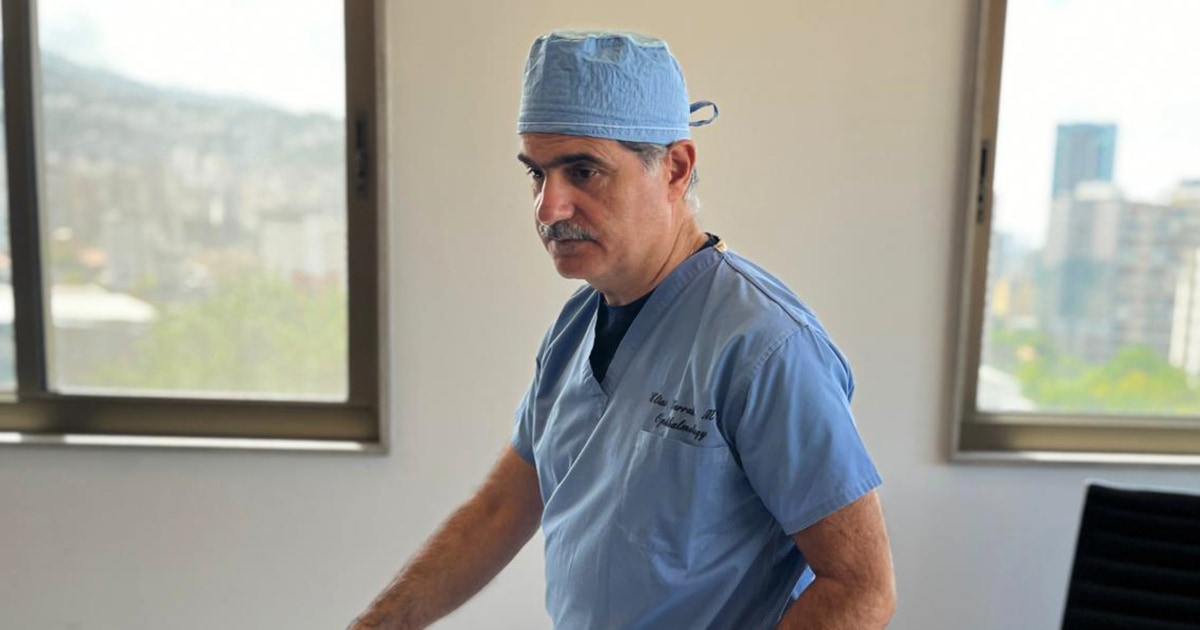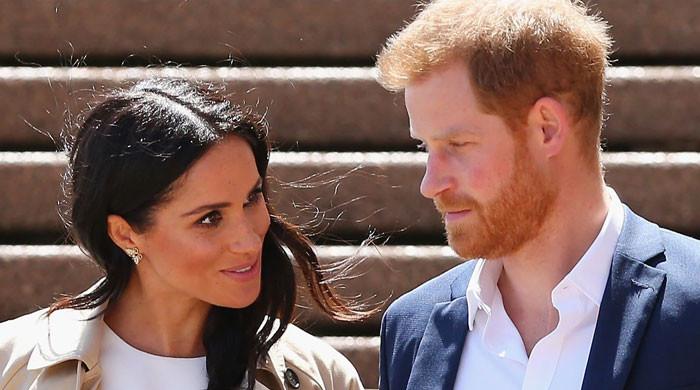 Science & Environment
Science & Environment
Summer time in Canada: McIntosh adds 400 IM gold…
Summer McIntosh, the newly minted gold medalist, had a lot of constituencies to visit.
There was her family — mom, dad, sister — in the corner nearest the medal stand, and within seconds of the ending of “O Canada,” which McIntosh sang while toggling between English and French, the way she learned in grammar school, she headed straight for them. What followed was a four-way hug that started as a tidy square but soon collapsed into a nebulous blob of trembling limbs and teary faces.
“I know they would have been proud of me, no matter what,” McIntosh said. “But to be able to give them a big group hug was pretty cool.”
There were her Team Canada teammates and other supporters, who handed her the iconic red-and-white maple leaf flag that the 17-year-old phenom draped around her slender shoulders for the rest of her victory lap. “It’s Summer Time in Canada” read a handmade sign held by one of them.
There were her coaches, one Canadian, one Floridian, both of whom had a hand in her rise from a precocious kid whose first love was figure skating into a young woman who just became, if she wasn’t already, the consensus best all-around female swimmer in the world.
And there were her teammates from the Sarasota Sharks, the Florida club team where McIntosh and her mom decamped two years ago to escape Canada’s stricter covid restrictions and put the finishing touches on the training that, this week in Paris, already has her in possession of one gold and one silver, with three events still to come.
What McIntosh did Monday night, in obliterating the field in her signature event, could not have surprised any of those who knew her. It’s simply what she does. But anyone in the building unfamiliar with her exploits would have been left in awe.
Her time of 4 minutes 27.71 seconds failed to lower her world record from May — though she flirted with it in the first half — but it was good enough for a blowout win over Americans Katie Grimes (4:33.40) and Emma Weyant (4:34.93). It was the largest margin of victory in the event since Tracy Caulkins won by more than nine seconds in Los Angeles in 1984.
“Incredible to see,” Canadian teammate Kylie Masse said. “She’s an inspiration to everyone.”
In fact, the most unimpressed person on the premises may have been McIntosh herself, who never lost her composure in the pool, on the medal stand or in her brief visit with the media.
To hear her tell it, there was not a shred of relief in meeting the massive expectations that had been placed on her in this race; she entered with more sub-4:30 swims (six) than the rest of the field combined (zero). To hear her tell it, she already had moved on in her mind to the 200 butterfly, her next event.
“Absolutely not,” she shot back when asked whether there was relief mixed with her joy. “There’s definitely a lot of anticipation going into the race, but I wouldn’t say there are necessarily nerves. There’s no relief. I’m really just trying to soak up every moment I have at the Games … because obviously these moments only come around every four years.”
To Brent Arckey, McIntosh’s coach in Sarasota, her preternatural composure is no accident. They talk frequently about handling the pressure and the chaos of an Olympics. He has put her through media training to the point she can parry a tough question like a fencer. She may be 17, but having been through one Olympics in Tokyo at 14, then having won four world championships in the intervening three years, she’s already something of an international veteran.
“She’s great in this environment,” he said, “and I’m just proud how that’s progressed and how she’s learned to manage all this. … She knows when to turn it on, turn it off, be a kid and be a champion.”
Though no one was catching McIntosh, the American duo of Grimes and Weyant dueled each other, as well as Britain’s Freya Constance Colbert (fourth place, 4:35.67), to earn the right to flank McIntosh on the medal stand. Grimes, 18, held second place the entire race, pushing McIntosh in the front half before fading back, while Weyant had to come back from fifth at the 200-meter mark to will her way to a bronze.
Along with Ryan Murphy’s bronze in the men’s 100 backstroke and Luke Hobson’s bronze in the men’s 200 freestyle, it gave the United States a second straight four-medal night. A third of the way through this nine-day meet, the Americans lead their rivals from Australia on the overall medal table 11-6, though the Aussies have the advantage in golds 3-2. On Monday night, Aussies Mollie O’Callaghan and Ariarne Titmus went gold-silver in the women’s 200 freestyle.

The night, though, belonged to McIntosh — and, by extension, to Canada, which is a rare thing to say at an Olympic swimming pool. McIntosh’s gold was just the 10th in the program’s history. Sprinter Penny Oleksiak is the country’s most decorated Olympic swimmer, amassing seven medals total but only one gold. Alex Baumann and George Hodgson top the list of gold medal winners with two each, but neither won any additional medals.
In other words, with a massive meet in Paris — she already had a silver from Saturday’s 400 free — McIntosh could immediately vault herself into the discussion of the greatest Canadian swimmers of all time. Still to come for her: the 200 IM, the 200 fly and the 4×200 free relay.
Much of the world may be focused on the U.S.-Australia rivalry at this meet or on French sensation Leon Marchand, who blitzed the field in Sunday night’s 400 IM the same way McIntosh did. There will be three more Katie Ledecky events, with the freestyle legend taking aim at some massive chunks of history.
But in Canada, and in a corner of the Florida Gulf Coast, these Olympics are quickly becoming known as the Summer Games.










